When you’re in business, you’re likely to experience your fair share of accidents, issues and upsets. The challenge is, they won’t always be the ones you’ve anticipated and planned for.
Advancing technology and a changing economic climate means understanding and managing risks has never been more important.
Last year’s Optus service day-long outage was a brutal reminder of this. It affected millions of the telecommunication company’s customers and left thousands of businesses without EFTPOS, internet, and phone service, with many forced to shut up shop until the outage was fixed.
Lithium-ion battery fires are another emerging risk. There’s been a spate of them in Australia of late, including one believed to have been sparked by a faulty e-bike battery at a Sydney hostel in late 2023.
So how can small businesses help ensure they’re prepared for whatever life throws at them?
The changing face of risk
New risks are constantly emerging, and they can catch small business owners by surprise when they do, according to Risk Group Principal Advisor Gavin Love.
“Many of the potential dangers and disruptions that have come to the fore in recent times fall into this emerging risk category,” Love says.
For example, only in recent years have the effects of a financial services provider being offline resulted in small businesses facing the risk of being unable to trade.
“Many of the potential dangers and disruptions that have come to the fore in recent times fall into this emerging risk category”
“It isn’t a situation that would have arisen a decade ago because most customers would have been able to pay in cash, if necessary,” Love says.
“In the cashless era, that’s no longer the case, and businesses need to think about how they could continue to operate if the EFTPOS machine, or the internet went down for a day.”
Supply chain disruption is another big concern. Whether they are triggered by a pandemic, natural disaster or global conflict, shortages of critical components or stock have the potential to impact operations and decimate profits for small businesses that don’t have contingency plans.
“It’s essential to know who your suppliers are, who their suppliers are, how critical they are to your business, your alternate suppliers, and how you’d could still operate if one of them, for whatever reason, stopped selling to you unexpectedly,” Love says.
So is keeping pace with changing Environmental, Social and Corporate Governance (ESG) regulations and societal expectations.
Businesses that fail to do so could run the risk of fines, legal penalties, and loss of customer confidence – especially as some ESG measures become expected, rather than just a nice to have.
Staying on top of emerging risks
It can be a lot to get your head around and that’s why it pays to have an experienced broker or advisor and risk partners in your corner, Love says.
It’s their job to help businesses like yours stay abreast of emerging risks and, where possible, mitigate them with cost effective cover.
It’s also why regular communication with your broker or advisor is so important.
“Carve out time to talk to your broker or advisor regularly, so they’re familiar with your operations and can source policies that meet your changing requirements,” Love says.
“Time in preparation is seldom wasted.”
Important notice – Steadfast Group Limited ABN 98 073 659 677
This general information does not take into account your specific objectives, financial situation or needs. It is also not financial advice, nor complete, so please discuss the full details with your insurance broker or adviser as to whether these types of insurance are appropriate for you. Deductibles, exclusions and limits apply. These insurances are issued by various insurers and can differ.





